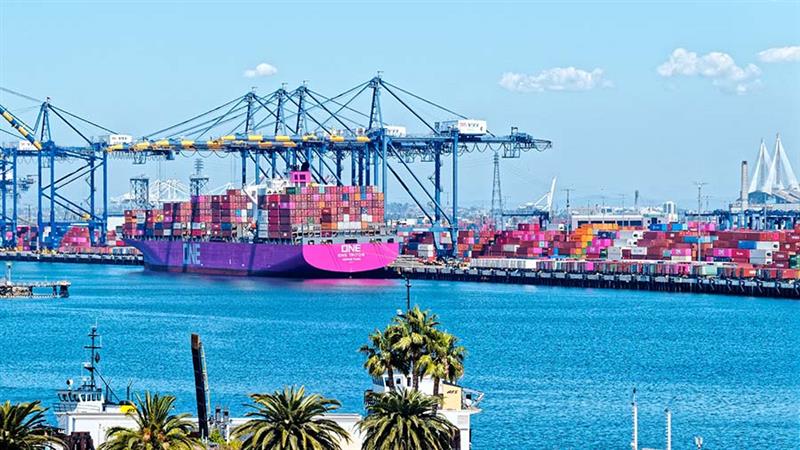Foreign Direct Investment Drops by 32.7 Percent
Feb. 17 – The Ministry of Commerce reported that foreign direct investment declined by 32.7 percent in January to US$7.54 billion year on year.
This is the fourth straight month that China reported slowing FDI rates. Last December, the FDI rate was 5.7 percent.
Commerce ministry spokesman, Yao Jian attributed the steep decline to the Chinese Lunar New Year holiday being held earlier in January, the global crisis, and the higher than average level during the same period last year.
The numbers also indicate that companies have been spending conservatively to cope with the global financial crisis. Earlier this month, computer hardware maker, Intel Corp., moved its assembly and test facilities from Shanghai to Sichuan to save on manufacturing costs.
Mobile phone giant, Motorola Inc., also laid off workers in its China operations as part of its plan to cut 4,000 jobs globally.
“Foreign multinational companies still find China very attractive, but their hands are tied — they don’t have spare money to invest,” Sherman Chan, an economist with Moody’s Economy.com. told Bloomberg. “Once the global economy shows signs of recovery, China will probably see a surge in foreign direct investment again.”
On the other hand, there are also companies that have chosen to move to China despite the crisis. Groupe SEB SA is the top maker of countertop kitchen appliances in the world. The company announced this month that it has decided to move its production of irons from France and Germany to China, cutting off 214 factory jobs.
A survey conducted by the Japan Bank for International Cooperation among 982 Japanese companies still ranked China as the most promising country for business expansion.
However, due to the cautious investment climate, foreign and Chinese companies are likely to downsize plans. Companies will tend to be more conscious of their bottom line as China’s economic growth rates have been hampered by weakening export demand and the depressed property market.
The effects of the global credit crisis is stark in South China where thousands of factories have shut-down and thousands more migrant workers laid-off. Some of the factories have even closed down without paying wages and forced the Guangdong government to foot the bill.
In January, China’s exports dropped the most in almost 13 years while real estate prices in 70 major cities also declined.
Worldwide, foreign direct investment fell 21 percent last year to $1.4 trillion because of tight credit, the global recession and falling profits, estimates the United Nations Conference on Trade and Development (UNCTD).
The UNTCD said that foreign direct investment around the world will rebound “sooner or later” for reasons including the opportunities created by cheap asset prices and industry restructuring.
- Previous Article Companies Now Allowed to hire Graduates without Hukou
- Next Article China Industry: Feb. 18



























